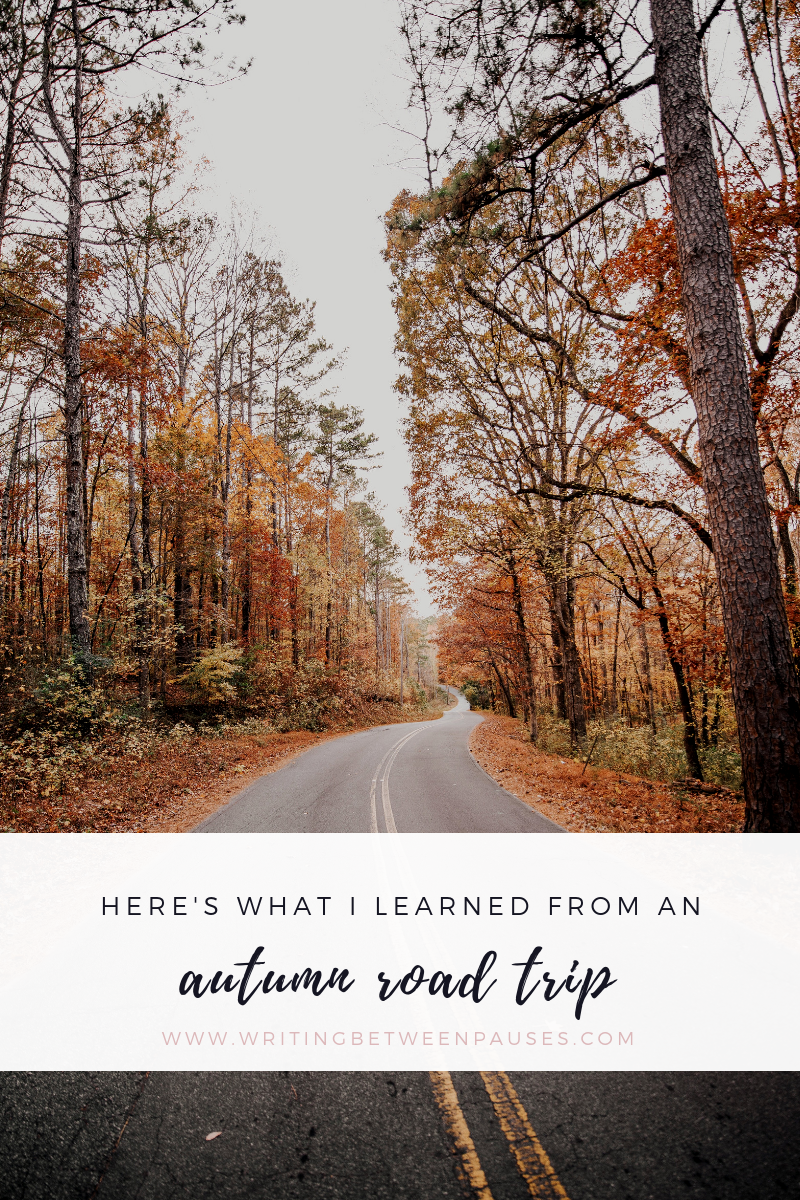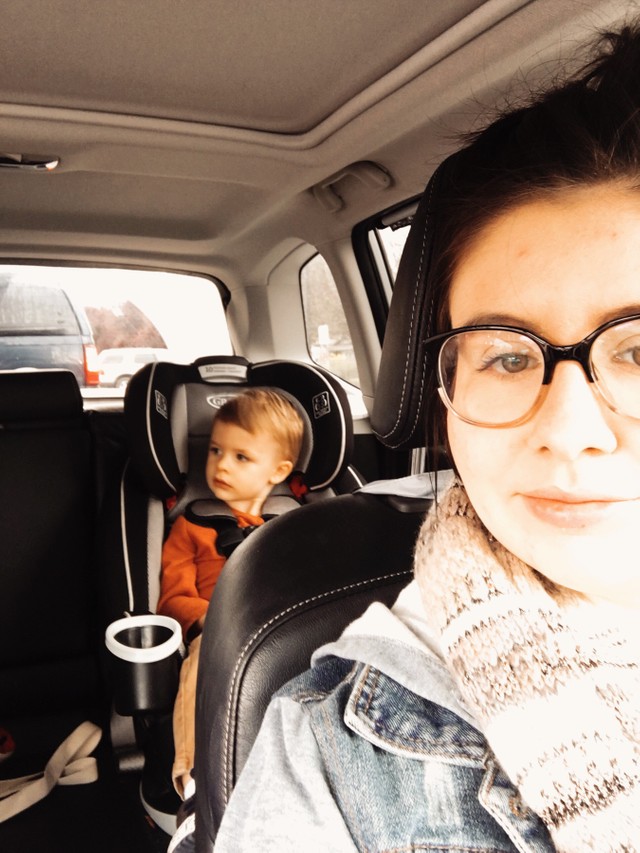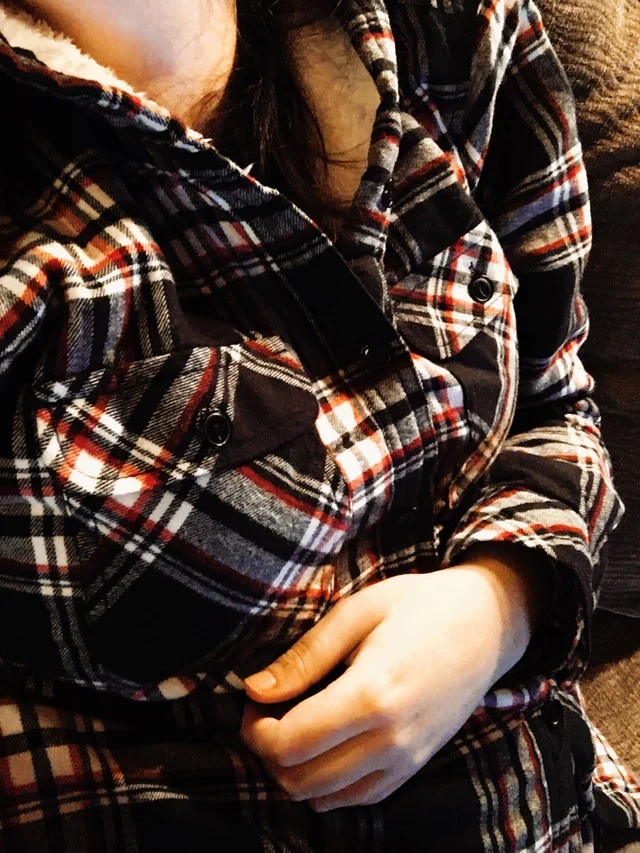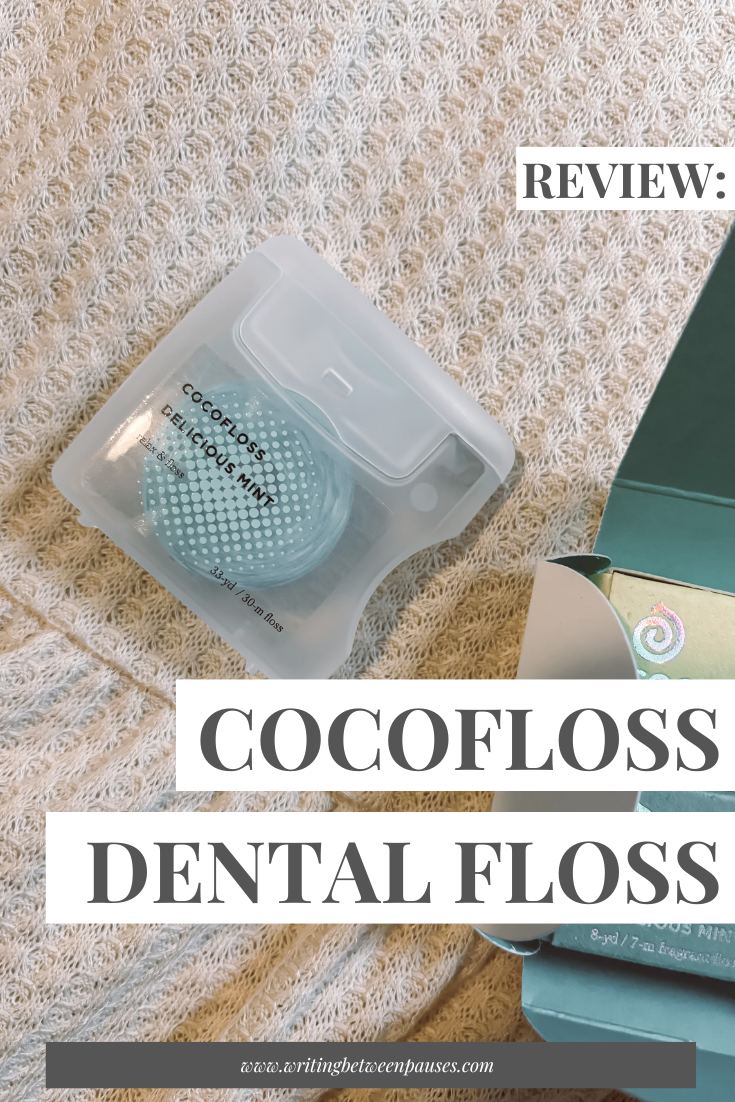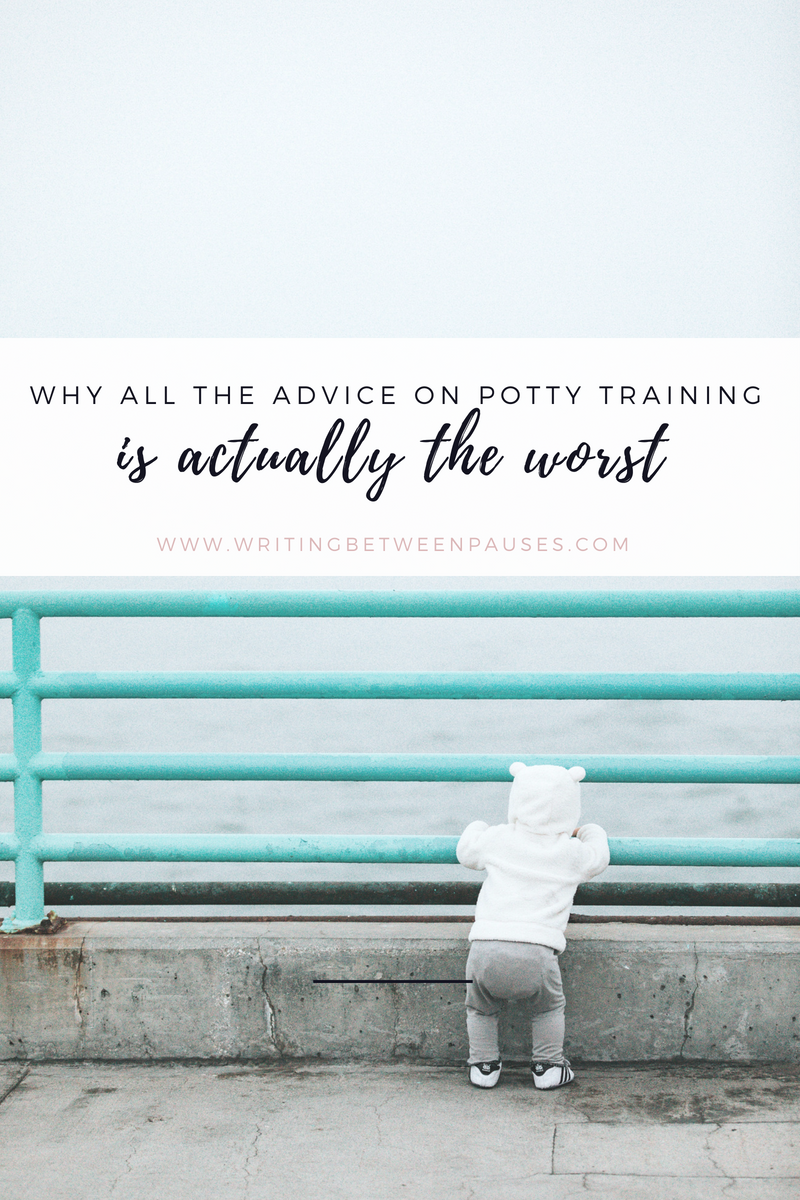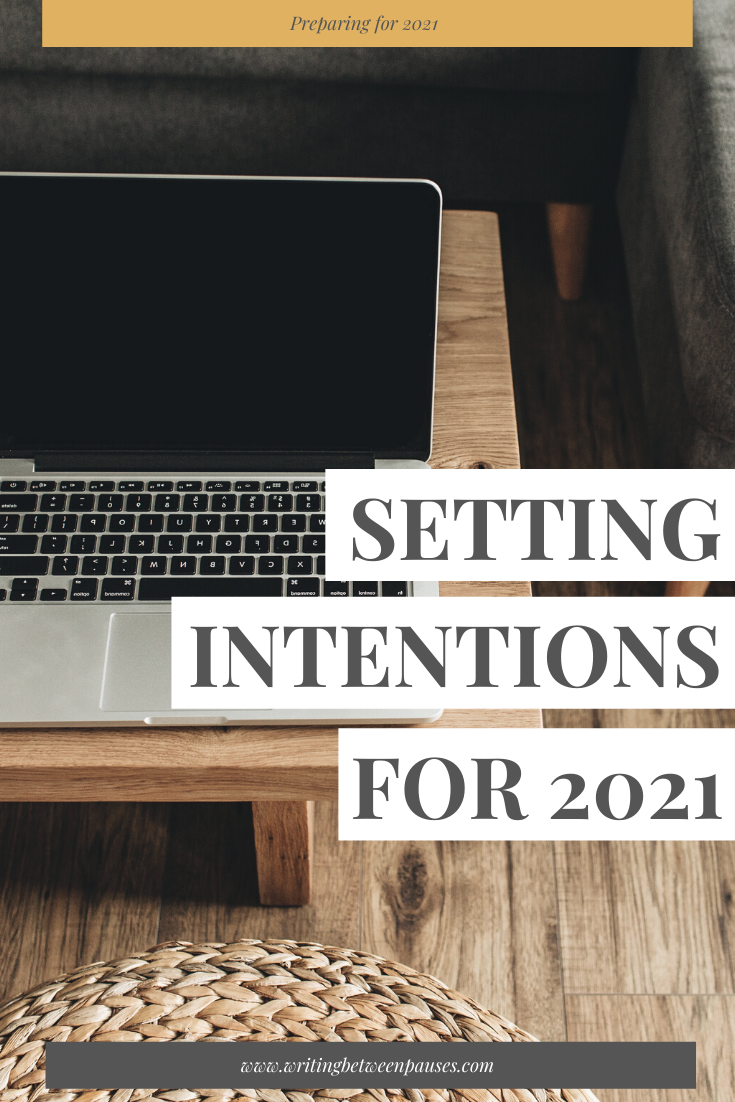I am not a traveller.
I know, I know. It seems like everyone these days talks non stop about traveling. Everyone wants to travel and see the world. And in some ways, I definitely want to see the world. But I don’t like traveling.
I don’t like driving for long periods of time. I don’t like airplanes. I don’t like the stressed, naked feeling of being transitional between two places (home and destination). I don’t like the anxiety it gives me. And now that I have a small human I’m responsible for, I absolutely do not like having to pack up everything I can think of for him (including but not limited to: blankets, toys, any medication he might need, extra food, juice, cups he can use, forks he can use, emergency meals, and milk). The amount he needs has consistently gone down since he was a baby (no more giant container of formula, bottles, bottle wash, sanitizer bags, Pack’n’Play, and more), but it’s still a lot.
And doing it by myself? Excuse me, no thanks.
Well, I did just that on Friday. Danny had gone over to Central Oregon (Sunriver, to be exact) for a teaching conference in Bend. My parents have a cabin in Sunriver, so we had decided it would be a family vacation. But with Forrest in school now, I didn’t want him to miss a day so we planned to go over once he got done with school.
As the days lead up to Friday, I started to seriously panic. Taking a three-hour plus road trip by myself with a toddler? Packing up the whole car on my own? I was nervous. Danny told me he would be fine if I decided not to do it, but I knew he really wanted me to. And of course, Forrest was excited at the prospect of a vacation. Nothing makes him nervous.
As I wrote on Instagram, I didn’t want my anxiety to make Forrest miss out. Yes, it would have been better for me personally to stay at home for the weekend. But Forrest would have missed out on some potential fun and that prospect made me sad.
So I did it. On Friday afternoon, I packed up the car, got Forrest a Happy Meal (no judgement), and drove 3 hours with a potty trained toddler. Here’s everything I learned.
1. It’s probably going to all be fine.
Probably. My biggest worry was that, while going over the pass, Forrest would need to use the bathroom. Since he’s relatively newly potty trained (it’s been about 3 or 4 months), when he has to go, he usually has to go immediately. This is fairly normal for preschool age kids. However, while driving across a mountain pass, the last thing I wanted to do I was pull over and break out the little potty we keep in the car. However, my anxiety was for nothing: we stopped at a rest area before the pass and he was fine all the way until we got to the cabin.
So yeah, the thing you worry about? It’s probably going to be fine. (Please remember to tell me this next time I go on a real vacation aka go flying.)
2. It’s ok to do things you normally wouldn’t (or that you would).
I had all these plans for things Fo and I would do. Museums. Outdoor parks. Everything. I wanted him to have as much fun as possible while we were on our own mini-trip, especially as Danny was still in a conference on Saturday. However, we ended up going for a nice long walk to get coffee and a treat, then went shopping and spent time relaxing in the cabin. I felt bad that we hadn’t done any of the exciting stuff I had planned, but we did have a nice lunch out together (my first time taking him to a real restaurant on my own) and he really has fun no matter what.
3. The weather won’t cooperate, but that’s fine.
Part of the reason we didn’t do all the fun stuff I had planned? It was raining! I think of Central Oregon as very cold and relatively dry. But it had been raining at home and that rain followed us on vacation. So, the museum I wanted to go to? Mostly outdoors. The walking trails? Off limits thanks to the puddles and downpour. We made it for our walk in the morning, but that was about it. We had fun jumping in puddles outside the cabin, then retreating inside to warm up and go pick up Danny from the conference. The weather wasn’t really what I had planned on, but that’s Autumn for you, really!
This is a much more personal post than I usually post for Blogtober, but I thought I’d try something different! I had so much fun over the weekend (even when Forrest pretended to have a stomach ache to get us to leave dinner!) and I tried something outside of my routine—and it was all fine! What’s something you are challenging yourself to try this Fall?

